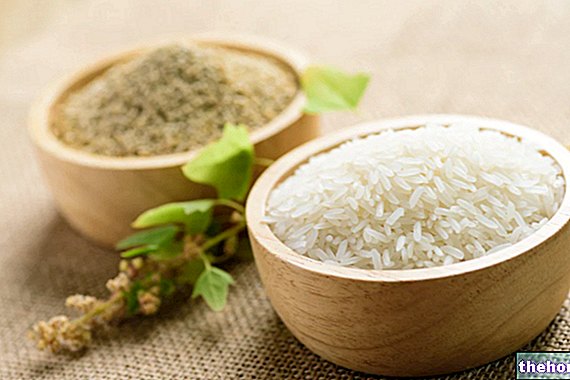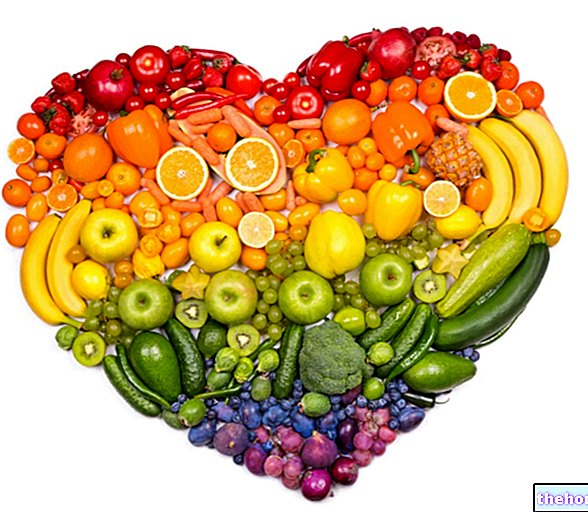What are
Junk food or junk food is a category of foods that share one or more of the following characteristics:
- Poor nutritional value
- High energy intake
- High intake of cooking salt
- High intake of refined carbohydrates
- High intake of cholesterol, saturated lipids and / or hydrogenated (trans) fatty acids

Why is it so Widespread
Generally, regular consumers of junk food are distinguished by a Body Mass Index (BMI) which indicates overweight or obesity, high visceral fat deposits, reduced general fitness (musculoskeletal, cardio-vascular and respiratory) and dysmetabolisms of all kinds ( impaired glucose tolerance or diabetes, dyslipidemia, hypertension, etc.). Americans are a typical example of this, but the attitude to the consumption of junk food is spreading rapidly in other continents as well.
There are several reasons why junk food spreads and settles so easily. The control bodies which, instead of protecting the consumer, allow the birth and commercial development of fast-food, confectionery and snack industries, are the first (as well as direct) responsible for the side effects induced by an "incorrect diet; above all , they should be charged with:
- increase in childhood obesity
- increased morbidity and mortality in adulthood
- increase in national public health expenditure.
Wanting to find a logical (but absolutely not justified) explanation for all this, one could hypothesize that the industry-junk giants and the nations that host them are linked by economic interests; I hope it is clear to all readers that limiting the spread of these products would not constitute any violation of their commercial rights, as scientific research has already demonstrated their harmfulness (as for smoking and alcohol).
It would be a falsehood to declare that the occasional consumption of junk foods significantly affects the state of health of people, because the systemic damage that these junk foods bring to the body are the result of habitual consumption. Ultimately, to avoid any complication it would be sufficient to limit the consumption of a hamburger, fries or various snacks once a month; but then why do people, and especially young people, go too far on junk food?
The answer is very simple: because they are good, because they were designed to enhance the palatability, because they are comfortable, but above all ... BECAUSE "THEY ARE CHEAP.
Junk food is extremely cheap: hydrogenated fats, sucrose but also sweeteners, potatoes, mixed and fatty minced meat, are raw materials that cost very little. Why should a student (and how could he?) Spend 15 euros a day for a small portion of spaghetti with tomato sauce, a chicken breast with salad and plain water, when with 7-8 euros he can eat burgers, fries, drinks and an icecream?
Ultimately, junk food costs half, makes you double fat, and feeds 1/10 of the Mediterranean meal.
The same goes for automatic distribution in public places, including schools; for 1 euro, how many of you readers, in front of a bag of colorful chocolate covered peanuts, would choose a single portion of fruit? The answer is obvious ...
In our country, fast food restaurants are doing what bars and taverns have always done: they are INSTITUTIONALIZING. For teenagers, the "Mc" has become a daily stopover, and the fast-food in question has an excellent loyalty strategy to say the least!
In the halls of the "fast" restaurants, large and comfortable armchairs, mega-screens for football matches, play areas for children have been integrated ... even small rooms reserved for physical activity (as if pedaling half an hour were enough to dispose of that species of "tar" that is served at the counter) At this point, readers will ask themselves: why are there no viable alternatives? Why are the old taverns that for years have been able to delight their customers with traditional dishes dying out? Because the economic situation of our country does not allow them to stay afloat ... while the large junk food chains certainly do not lack the capital to invest.
The only weapons that the Italian people possess in order to counter the merciless marketing of junk food are: family education and school culture.
Parents from all over Italy, feeding represents the "act of love" par excellence, and to understand it just think of the physical and psychological importance of breastfeeding. Do not leave a few euros to your children to get them poisoned, rather, invest a few minutes and feed them; cook for them!
At the same time, high school principals should:
definitively stop the supply (as some are already doing) and the distribution of snacks and fizzy drinks; it should already be clear to all teachers that culture is not only constituted by the subjects of the school plan, but also (and above all) by the "food and motor education.









.jpg)


















